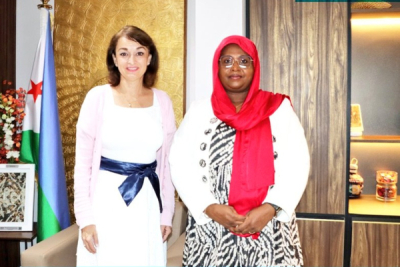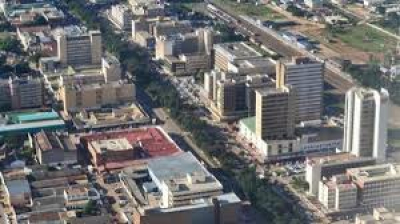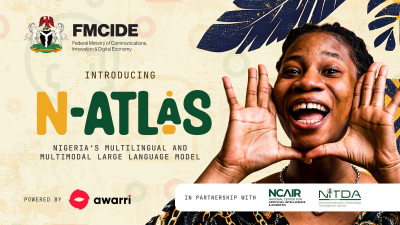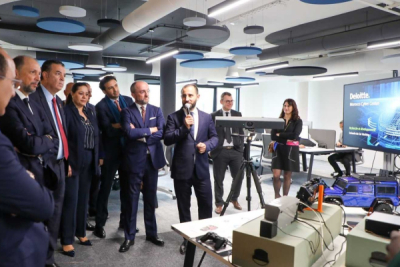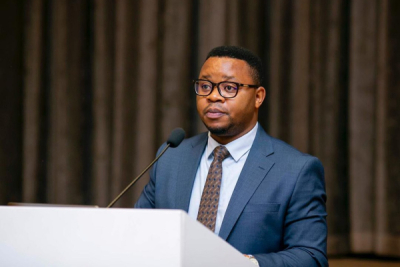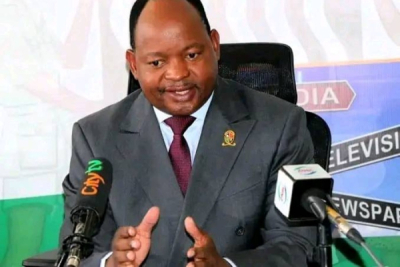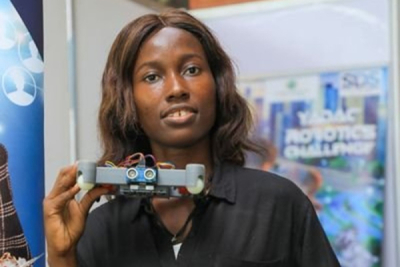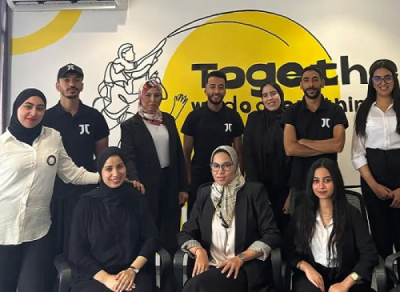This funding is intended to expand broadband infrastructure, strengthen digital public platforms, and develop employment-ready digital skills across Zambia.
Zambia has secured a $120 million grant from the World Bank to scale up its public digital infrastructure, a major step toward meeting national development goals under the Science, Technology, and Innovation Policy and Vision 2030. The announcement was made by Minister of Technology and Science Felix Mutati during the launch of the ABSA Mobi Tap mobile payment app in Lusaka on September 18.
The support comes through the Digital Zambia Acceleration Project (DZAP), part of Phase II of the Inclusive Digitalization in Eastern and Southern Africa Multiphase Programmatic Approach (IDEA MPA). The $2.48 billion regional program, approved by the World Bank Board on June 27, 2024, covers Angola, the Democratic Republic of Congo, Malawi, and COMESA as the coordinating regional bloc. Zambia is the fifth country to implement the program.
During a July 2024 visit to Lusaka, World Bank Managing Director and Chief Administration Officer Wengcai Zhang pledged $100 million in IDA financing for DZAP, alongside an additional $20 million in unguaranteed commercial financing. He said the project would expand broadband and last-mile infrastructure, strengthen digital public infrastructure, and support high-impact sectors including health, education, and agriculture.
Zhang explained that DZAP would nurture employment-ready digital skills and increase access to digitally enabled services across Zambia. He noted the project is aligned with government priorities under Vision 2030 and would improve efficiency in both the public and private sectors.
Ahead of full approval, expected from the World Bank Board in March 2025, a $6 million Project Preparation Advance was signed in October 2024. This enabled the Smart Zambia Institute to begin stakeholder consultations on the project’s Environmental and Social Management Framework, drawing participation from all ten provinces.
DZAP has four core components aligned with IDEA’s pillars. These include extending backbone and regional networks, supplying last-mile connectivity, and strengthening the enabling environment. Other priorities include developing digital ID and trust services, enhancing digital government, supporting regional trade facilitation, and fostering digitalization in key sectors while nurturing employment-ready skills.
The program is expected to have far-reaching implications. Improved connectivity will reduce the urban-rural digital divide, opening access to e-government services, digital health, and online education for millions. Recent statistics highlight the need for these investments. As of early 2025, Zambia had approximately 19.9 million mobile connections, accounting for 92.1% of the population. However, internet penetration stood at only 33%, meaning roughly two-thirds of Zambians remained offline. Broadband-capable mobile access was high, but many users still lacked reliable, affordable internet.
The program will also invest in digital skills, preparing Zambian youth for jobs in fintech, agritech, and other emerging sectors. By doing so, it aims to position Zambia not only as a consumer of digital services but as a regional hub for innovation and investment.
The project aligns with Zambia’s wider push to digitize services, modernize governance, and enhance financial inclusion.
Hikmatu Bilali



